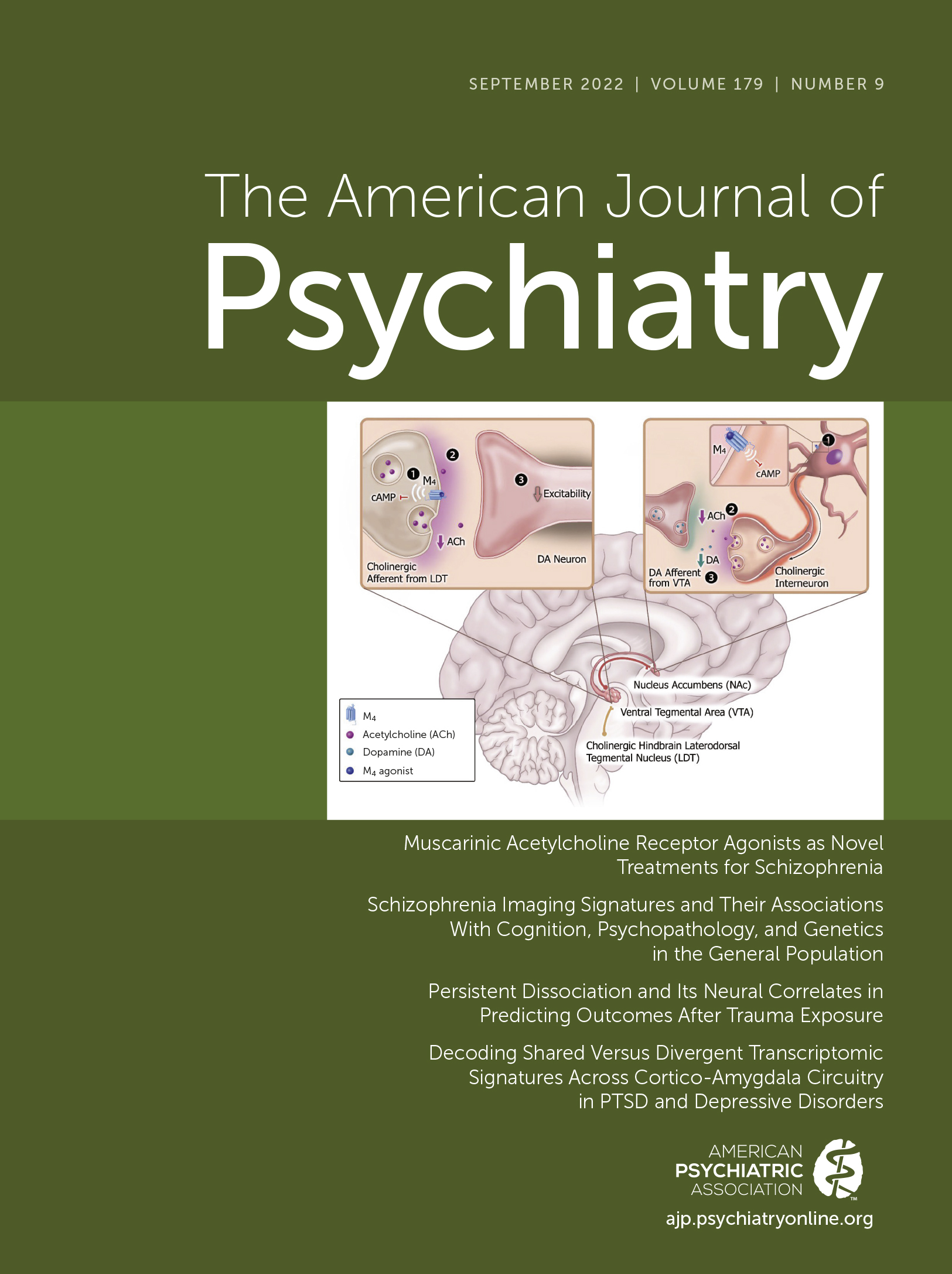Decoding Shared Versus Divergent Transcriptomic Signatures Across Cortico-Amygdala Circuitry in PTSD and Depressive Disorders
Abstract
Objective:
Posttraumatic stress disorder (PTSD) is a debilitating neuropsychiatric disease that is highly comorbid with major depressive disorder (MDD) and bipolar disorder. The overlap in symptoms is hypothesized to stem from partially shared genetics and underlying neurobiological mechanisms. To delineate conservation between transcriptional patterns across PTSD and MDD, the authors examined gene expression in the human cortex and amygdala in these disorders.
Methods:
RNA sequencing was performed in the postmortem brain of two prefrontal cortex regions and two amygdala regions from donors diagnosed with PTSD (N=107) or MDD (N=109) as well as from neurotypical donors (N=109).
Results:
The authors identified a limited number of differentially expressed genes (DEGs) specific to PTSD, with nearly all mapping to cortical versus amygdala regions. PTSD-specific DEGs were enriched in gene sets associated with downregulated immune-related pathways and microglia as well as with subpopulations of GABAergic inhibitory neurons. While a greater number of DEGs associated with MDD were identified, most overlapped with PTSD, and only a few were MDD specific. The authors used weighted gene coexpression network analysis as an orthogonal approach to confirm the observed cellular and molecular associations.
Conclusions:
These findings provide supporting evidence for involvement of decreased immune signaling and neuroinflammation in MDD and PTSD pathophysiology, and extend evidence that GABAergic neurons have functional significance in PTSD.



